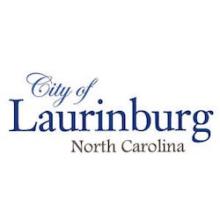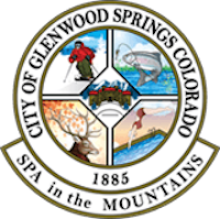Mount Washington, MA, Makes The Next Move: Design, Construction
Mount Washington has selected a firm to handle the design and construction services for its planned Fiber-to-the-Home (FTTH) network.
Mount Washington
This past summer, the community received word that it would receive a $230,000 grant from the Massachusetts Broadband Institute (MBI), the state agency set up to administer federal and state funds for broadband network deployment. Mount Washington had already obtained special permission from the state legislature to proceed with a network sans a Municipal Light Plant (MLP). In Massachusetts, municipalities are required to establish MLPs to operate and manage any publicly owned Internet network. Because Mount Washington is so small, however, they felt creating another administrative entity would be an undue burden; state legislators agreed and created an exception for them in statute.
This past spring, they released a Request for Proposals (RFP) to locate a firm for design and construction.
An Important Step
The town of 150 full-time residents is located in the far southwest corner of the state and much of the community is covered by forest. The Mount Washington State Forest, the Mount Everett State Reservation, and the Taconic Mountains, give the community its nickname: “The Town Among The Clouds.” Incumbents have shied away from investing in Mount Washington; even plain old telephone service is bad there.
The town considered participating in the Wired West broadband cooperative, but eventually chose to pursue their own network. Mount Washington’s publicly owned network will connect to MassBroadband 123, the statewide middle mile network. The network will also need to find an Internet Service Provider (ISP) to offer Internet access via the new infrastructure.
In the press release, announcing the decision to move on to the next step:




